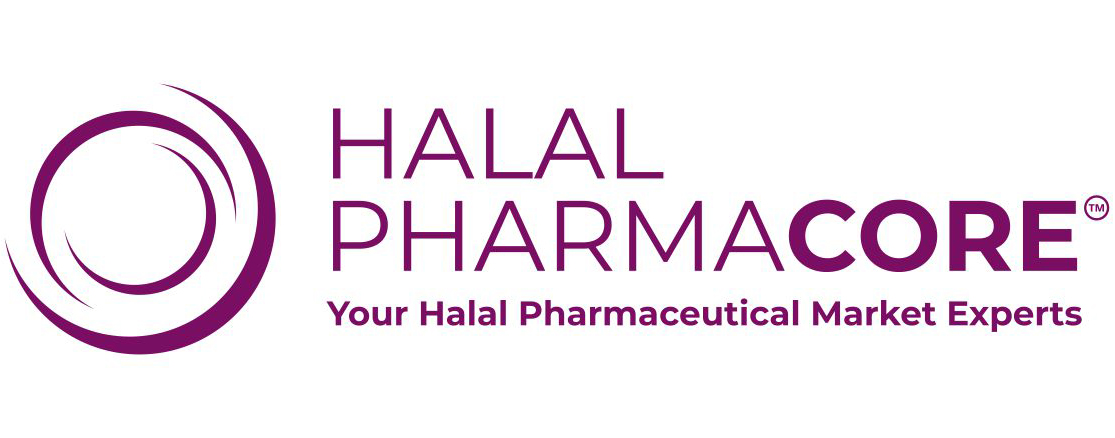Indonesia
Laws, regulations, and/or policies: By 2026, all products that are imported, distributed and traded in Indonesia must be certified halal, unless they are non-halal products. Non-halal products must be accompanied by the information that they are ‘non-halal’. Indonesia also issued a government regulation requiring pharmaceutical products to be certified halal by 2029 for over-the counter drugs and by 2034 for prescription medicine.
Halal Certifying Bodies:
Halal Examination Agency (Lembaga Pemeriksa Halal or “LPH”)
Halal Product Organizing Agency (Badan Penyelenggara Produk Halal – “BPJPH”) (9)
Indonesian Council of Ulama (Majelis Ulama Indonesia or “MUI”).
Certificate requests have to be submitted to BPJPH, which subsequently determines a definitive schedule for assessing the desired goods. Auditors from LPH, will do the examination and results will be sent to BPJPH. Furthermore, BPJPH will work with MUI to determine if the product is halal or not by requesting that MUI hold a Fatwa Hearing that will last up to 30 days. Accepted Halal Certificate will be valid 4 years and must be renewed at least 3 months before being expired (9a).
Foreign products entering Indonesia which have been halal certified outside of Indonesia must be registered with the BPJPH.
For foreign Halal certifying bodies acceptable by BPJPH, see reference 9 (9).
+62 21 80877955 https://www-halal-go-id.translate.goog/
Requirements for Halal Pharmaceutical Certification
The basic requirements to get certified are outlined in the Malaysian Standard of Halal Pharmaceuticals. (4 – Link to clickable file).
